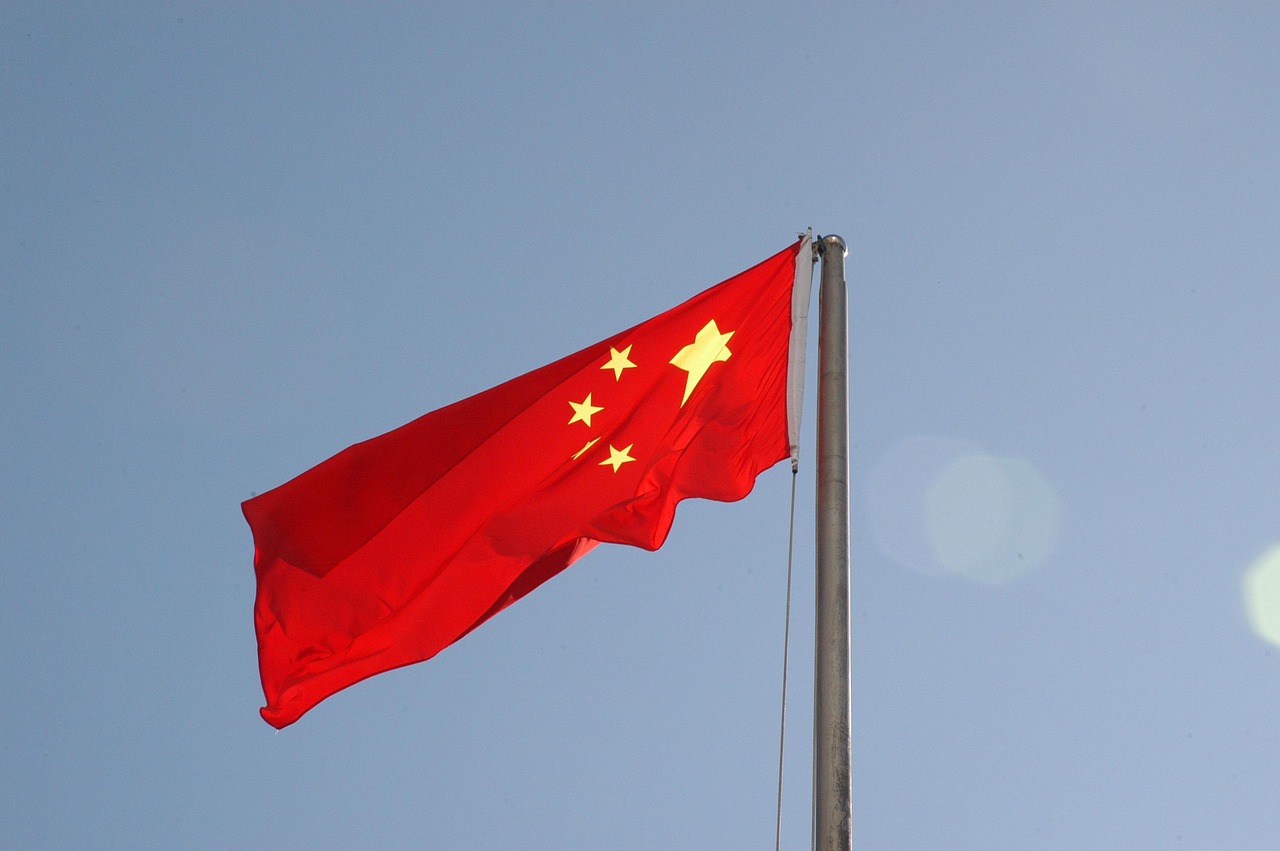China is increasing supplies of components for Russian drones: data indicate military use of products
14 October 20:33
According toThe Washington Post, China has increased several times the supply of components to Russia that can be used for the production of combat drones – despite the overall drop in exports to Russia, "Komersant Ukrainian" reports.
We are talking primarily about fiber optic cables and lithium-ion batteries, which are used in the control and power systems of drones.
What is known
According to Chinese customs, 190 thousand kilometers and 208 thousand kilometers of fiber optic cables were shipped to Russia in May-June, and a record 524.8 thousand kilometers in August.
Joseph Webster, a researcher at the Atlantic Council, notes that the value of the shipments is likely to be high-quality military cables suitable for fiber-optic drones. According to his estimates, they would be enough for more than 26,000 drones.
For comparison, China exported only 115 kilometers of such cables to Ukraine over the same period.
How it works
According to analyst Samuel Bendett of the Center for a New American Security (CNAS), the Russian army actively switched to fiber-optic drones in 2025.
Such drones are connected to the operator through a thin cable that is difficult to intercept or jam.
“These drones are difficult to defend against – they have effectively cut off the normal supply lines for Ukrainian troops,” Bendett told WP.
Other key supplies
At the same time, shipments of lithium-ion batteries from China to Russia have increased, reaching $54 million in June, a record high.
Webster explains that since Russia hardly produces electric vehicles or consumer electronics, these batteries are likely to be used for military drones.
Despite the increase in the supply of military components, China’s total exports to Russia decreased by 10.6% in the first nine months of 2025, and by 21% in yuan terms in September.
In other words, China is not officially increasing trade with Russia, but it is supporting critical areas of its military-industrial complex.
It is worth reminding that China has repeatedly denied accusations of helping the Russian military-industrial complex. However, Western intelligence and customs statistics show that Chinese companies circumvent restrictions by supplying dual-use parts, from electronics to sensors and batteries.
Washington warns that such a “gray area” of cooperation undermines the West’s sanctions policy and strengthens Moscow’s technological autonomy.
What analysts say
Analysts predict that the US and EU may tighten export controls and impose secondary sanctions on Chinese companies found to be cooperating with the Russian military-industrial complex.
For Ukraine, this means the need to strengthen its electronic warfare capabilities and develop its own solutions against fiber optic drones.
Washington expects Beijing to explain the sharp increase in supplies. The European Union is preparing an updated sanctions package that may affect Chinese electronics and cable manufacturers.









